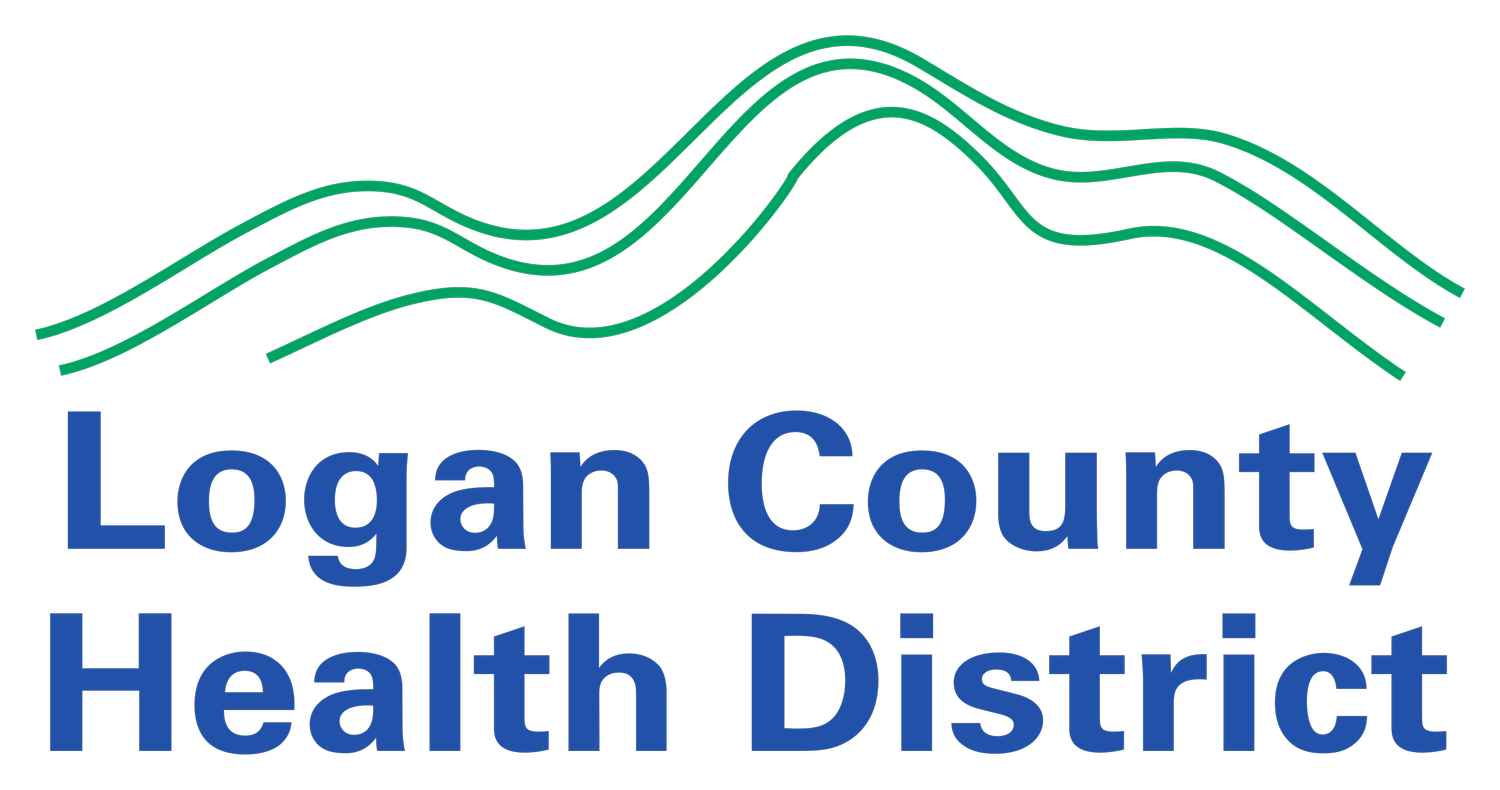National Public Health Week: Monday
Today is the first day of National Public Health Week and the theme of the day is Community! Plenty of science shows your community has a direct link to your health and well-being. Community is where we are. It’s our connections with others who share similar interests, attitudes, and goals. Over the past few years, those connections have been greatly impacted. Physically distancing from one another and limiting communal gatherings can lead to social isolation, increasing rates of depression, impaired immunity, and premature mortality. There are also other conditions in our communities that impact our health and well-being called social determinants of health. People living just a few blocks apart may have very different life expectancies because of the safety of their neighborhood or the quality of their schools. Transportation barriers and lack of health insurance can limit access to health services. This can increase the risk of harmful health behaviors like skipping medication or postponing care. Having to travel long distances to access nutritious foods is linked to food insecurity. This puts communities at higher risk for chronic conditions like heart disease, cancer, and diabetes. There are also negative environmental health conditions like poor air quality that can result in cancer and lung and heart diseases.
Take action today! Become more engaged or re-engage with your community and make an impact on public health. You can join a community garden, donate healthy and culturally appropriate canned food options to food pantries, or volunteer at local food distributions. Join a recreational sports league or fitness group to engage in physical activity and connect socially. Support community-led solutions by asking questions at public forums or joining a community advisory board. Advocate for your local elected officials to use funds to address health disparities. Encourage your local government to support healthy community design that includes parks, sidewalks, and bike lanes. Tell them to fund programs to prevent unhealthy living conditions. Pursue community-engaged and multi-sector partnerships. Advocate for a health-in-all-policies approach as a strategy to improve community health. Engage your public health peers and elected officials on health topics on social media to gain more understanding about specific threats and to hold people in decision-making roles accountable.
Make a plan to get involved with your community and take steps to improve your health! People with greater feelings of support, connection, and inclusion within their networks may live longer, respond better to stress, and have stronger immune systems than those who are isolated from their communities. Neighborhood programs like community gardens improve access to nutritious foods and cultivate social support and emotional well-being. Adding elements such as sidewalks, parks, libraries, or bike routes to neighborhoods supports physical activity and decreases the negative health effects of air pollution. Local efforts must improve housing, education, food, transportation, and the environment to support equity, resilience, and health at the individual and community levels.
